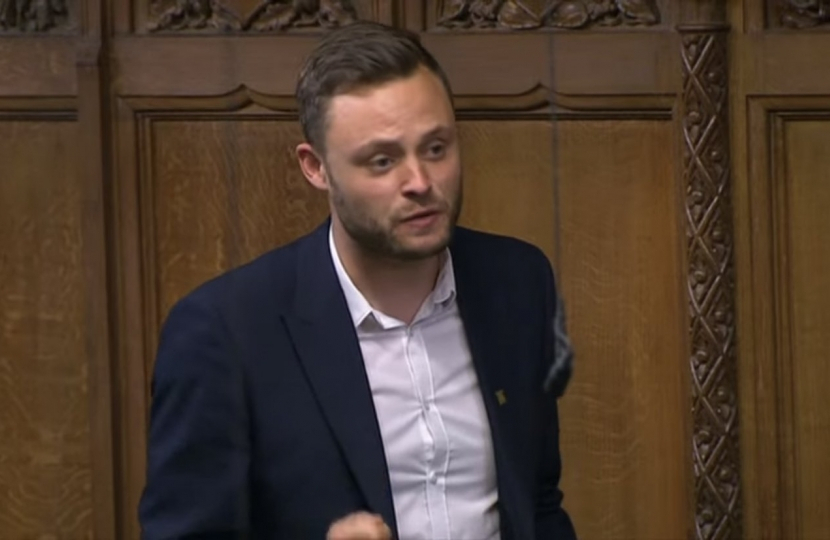
I am delighted that legislation has been introduced to help make the UK the safest place in the world to go online. I would like to assure you that I take the issue of non-consensual publication of pornography and children accessing this material extremely seriously.
It is only right that the largest and most popular social media sites (Category 1 services) play their part in protecting adults and children online. As such, the Online Safety Bill requires Category 1 services to act on content that is lawful but still harmful, such as abuse that falls below the threshold of a criminal offence, encouragement of self-harm and mis/disinformation.
The Government will set out in regulations which content is deemed legal but harmful and these will be subject to Parliamentary approval. Furthermore, prior to making any regulations the Secretary of State must consult Ofcom, the independent regulator. Category 1 platforms will need to state explicitly in their terms and conditions how they will address these legal harms and Ofcom will hold them to account.
I note that you have raised concerns about freedom of speech, however the Bill strengthens people’s rights to express themselves freely online and ensures social media companies are not removing legal free speech. For the first time, users will have the right to appeal if they feel their post has been taken down unfairly. Furthermore, the Bill also puts requirements on social media firms to protect journalism and democratic political debate on their platforms. News content will be completely exempt from any regulation under the Bill.
The Online Safety Bill also ensures providers that publish or place pornographic content on their services have a legal duty to prevent children from accessing that harmful content. To this end, robust checks must be implemented to ensure their users are 18 years old or over, including by using age verification technologies.
If sites fail to act, the independent regulator Ofcom will be able to issue fines of up to £18 million or 10 per cent of qualifying worldwide revenue, whichever is greater, or can block them from being accessible in the UK. Senior management of these websites could also be held criminally liable if they fail to cooperate with Ofcom.
All websites that display pornography fall into the scope of the Government’s pioneering new internet safety laws, capturing commercial providers of pornography as well as sites that allow user-generated content. These measures offer greater protections for children than would have been covered by the narrower scope of the Digital Economy Act and extend to social media companies too, where a considerable quantity of pornographic material is accessible.
The Online Safety Bill, which has been introduced to Parliament, also contains provisions that require companies to report child sexual exploitation and abuse content identified on their services. This will ensure companies provide law enforcement with the high-quality information they need to safeguard victims and investigate offenders.
More broadly, and in line with the Government's response to the Online Harms White Paper, the Bill will require all companies in scope to have a duty of care towards their users so that what is unacceptable offline will also be unacceptable online. They will need to consider the risks their sites may pose to the youngest and most vulnerable people and act to protect children from inappropriate content and harmful activity. Furthermore, the largest and most popular social media sites will need to act on content that is lawful but still harmful.




